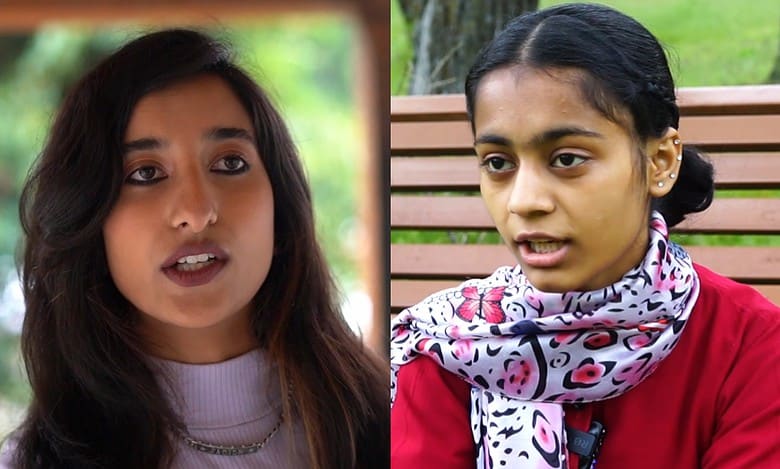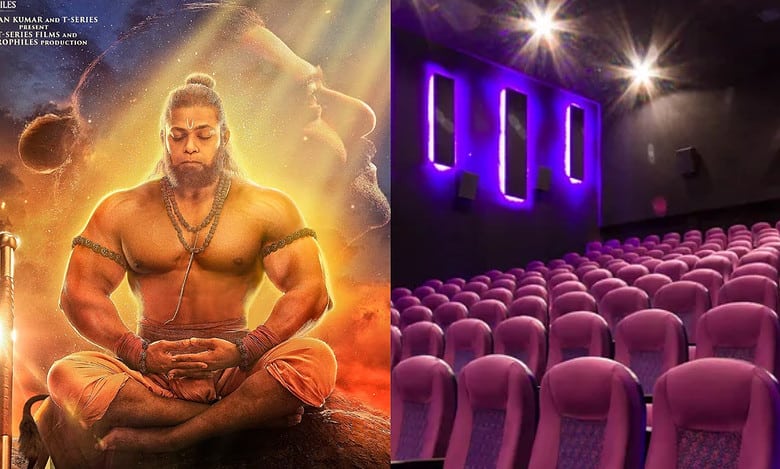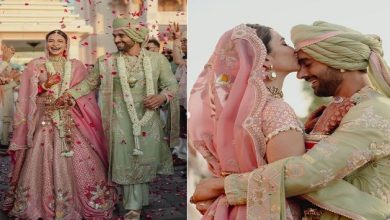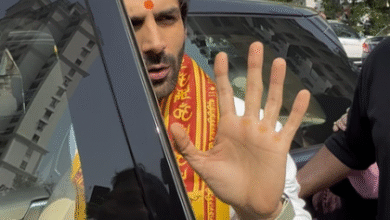Kashmiri female MCs breaking barriers through the power of Rap

The emergence of female MCs in Kashmir’s hip-hop scene is bringing about a transformative shift, as these artists challenge societal norms and push the boundaries of what is possible.
Through rap, these women are defying gender-based discrimination and using their music as a tool for empowerment.
By addressing social barriers head-on, they are shedding light on the challenges faced by women in Kashmir and inspiring change in their society.
Rap has long served as a platform for marginalized voices to express their struggles and advocate for social change.
For these female MCs, it provides a medium to communicate their experiences, frustrations, and aspirations.
Through their powerful lyrics and captivating performances, they highlight the gender disparities and stereotypes prevalent in Kashmiri society.
By stepping into the male-dominated arena of rap, these women are not only breaking barriers but also redefining societal expectations for women in Kashmir.
Their mere presence challenges traditional gender roles and norms, sending a strong message that women can excel in any field they choose.
One of the inspiring voices in this movement is Iqra Nisar, also known as Young Illa.
Iqra Nisar, also known by her stage name Illa Yung, is a ninth-grade student from Baramulla in North Kashmir who has found her passion for rap. Inspired by her first encounter with a rap song at the age of 8, Iqra realized that she too could pursue this art form. Although initially, she kept her journey a secret from her family, she began writing rap lyrics after learning more about rap from boys who helped her understand the genre.
When her family eventually discovered her involvement in the rap world, Iqra’s father strongly opposed her pursuing her passion. Despite the initial resistance, she persevered in following her dreams. It was when her father listened to her first recorded rap that his perspective changed, and he allowed her to continue her musical pursuits.
Iqra mentioned that she draws inspiration from the songs of Talha Anjum, finding them relatable and helpful in expressing her thoughts and emotions. Her lyrics often touch upon various subjects, including women-related issues, social crimes, and the pursuit of freedom, reflecting the happenings in Kashmir.
After completing the writing process, Iqra records her raps and uploads them on social media platforms. The response she has received has been overwhelmingly positive, particularly from girls who also aspire to showcase their talents. Iqra’s raps have become a source of inspiration for many, encouraging them to break down barriers and pursue their own passions. Despite the challenges some face due to family constraints, her music has played a role in motivating others to embrace their creativity and make a difference.





